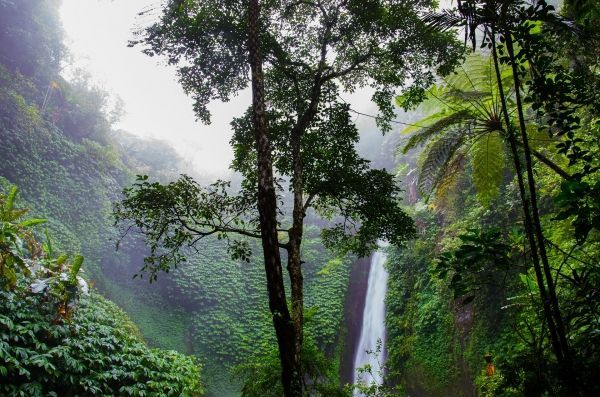A comprehensive United Nations study says that 45 percent of the intact forests in the Amazon are in Indigenous territories, comprising an area that sequesters more carbon than all the tropical forests in either Indonesia or the Democratic Republic of the Congo.
The report by the UN Food and Agriculture Organization (FAO) and the UN Fund for the Development of the Indigenous Peoples of Latin America and the Caribbean said that securing the land rights of Indigenous and tribal communities in the Amazon could help absorb CO2 emissions at low costs to governments, according to Mongabay. The UN report, which reviewed more than 300 studies, said that Indigenous peoples control up to 1.5 million square miles of Amazon forest — more than a third of all forests in Latin America.
As the Amazon has been steadily degraded in recent years by land clearing for ranching, agribusiness, and development, and as rising temperatures have led to droughts and increased fires, scientists have warned that the Amazon could reach a tipping point in which the world’s largest tropical forest ceases to play a central role in key global ecosystem functions, such as carbon sequestration.
Read more at: Yale Environment 360
Photo Credit: Skitterphoto via Pixabay


